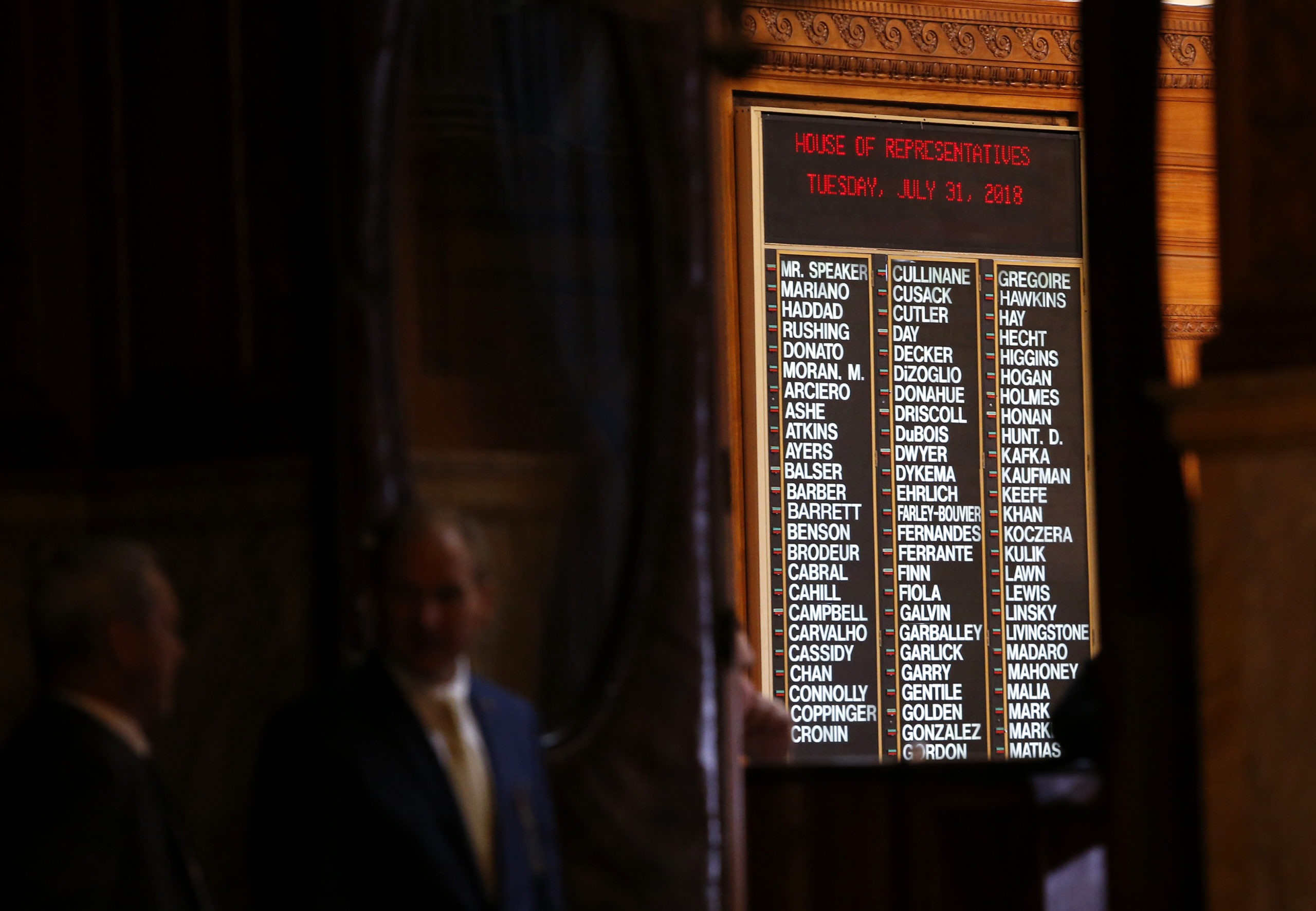State Lawmakers Can Help Create Real Community Safety
States should pass legislation and direct their budgets to programs and services that create real community safety instead of asking law enforcement to respond to problems that armed officers are ill-equipped to solve.

The Point
States should pass legislation and direct their budgets to programs and services that create real community safety instead of asking law enforcement to respond to problems that armed officers are ill-equipped to solve.
States have the power to shape public safety at the local level:
- States can support the development of community-based emergency first response teams. Lawmakers in California, Maryland, Oregon, Utah, and Washington have introduced legislation that would help ensure the right experts respond to the problems that they are trained to solve. Sending clinicians and social workers, not armed officers, to respond to mental health crises reduces the likelihood of harm and incarceration.
- States can remove police from traffic enforcement. Pending legislation in Maryland would make the Montgomery County Department of Transportation responsible for implementing automated traffic enforcement. A new bill in Hawaii would grant civilian government employees the ability to issue summons and citations for traffic infractions. Armed officers unnecessarily escalate traffic stops into violent and sometimes even fatal encounters; communities are safer with civilian enforcers.
- States can remove police from schools. The Massachusetts legislature just ended a state mandate requiring police in schools, and Illinois and Oregon lawmakers have introduced legislation that prohibits routine police presence on school campuses, freeing up resources that could bolster the underfunded mental health, counseling, and community outreach services in schools.
A significant portion of budgets are spent on police, who are ill-equipped to do all of the things they’re asked to do.
- Police departments have become a one-stop shop for responding to public health and community safety concerns, despite the fact that they do not have the expertise of social care providers.
- Redirecting funding to programs that are better-suited to handle specific problems shows people “that we have more options at our disposal,” explained California Assemblymember Sydney Kamlager on Appeal Live. “We have just over time decided not to invest in them and rather double down on police officers and ask them to be law enforcement and social workers and mental health therapists.”
- A majority of likely voters consistently favor policing alternatives. For example, 51% of likely voters support moving most traffic enforcement to non-police agencies and 68% support the creation of a non-police emergency first responders program. And 71% of likely voters “believe that programs designed to interrupt and prevent gun violence have been shown to be more cost effective than increasing the number of police in a community.”
Dive Deeper
- State Lawmakers Are Pushing New Bills To Reduce Reliance On Police. So far in 2021, lawmakers in several states have introduced at least 12 bills to shrink the footprint of policing.
- How Lawmakers Are Moving Beyond Police to Keep People Safe. California State Assemblymember Sydney Kamlager and Colorado State Representative Leslie Herod join The Appeal Live to talk about the importance of non-police emergency response programs.
- A Path to Non-Police Enforcement of Civil Traffic Violations. One proposal to significantly decrease police encounters without compromising public safety is to remove civil traffic law enforcement from the duties of the police.

